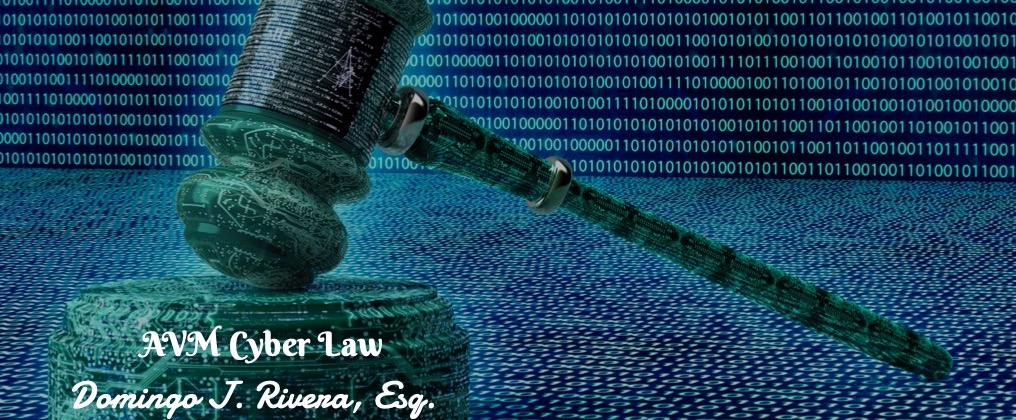Email privacy at work: Your employer can lie to you about reading your emails… and then fire you for relying on these lies!
Mon, May 21, 2007
Read in 2 minutes
The U.S. District Court for the Eastern District of Pennsylvania surprisingly held that despite the assurances made by Pillsbury, its employees did not have a “reasonable expectation of privacy in e-mail communications voluntarily made by an employee to his supervisor over the company e-mail system.”

Most employees probably know that the emails sent from their work email accounts are probably being monitored. However, what if your employer repeatedly assures you that all e-mail communications would remain confidential and privileged? What if your employer further tells you that e-mail communications could not be intercepted and used by against you as grounds for termination or reprimand? Can your employer still intercept your emails, read them, and then fire you for the contents…? YOU BET!!
In Smyth v. Pillsbury Co., 914 F. Supp. 97 (1996), Pillsbury maintained a company e-mail system which the employees used to communicate among themselves. Mr. Smyth was an employee of Pillsbury. Pillsbury assured Mr. Smyth as well as the other employees that all e-mail communications would remain confidential and privileged and that the e-mail communications could not be intercepted and used against the employees as grounds for termination or reprimand.
The U.S. District Court for the Eastern District of Pennsylvania surprisingly held that despite the assurances made by Pillsbury, its employees did not have a “reasonable expectation of privacy in e-mail communications voluntarily made by an employee to his supervisor over the company e-mail system.” The Court went on to hold that no “reasonable person would consider the … interception of these communications to be a substantial and highly offensive invasion of his privacy.”
The Pillsbury case, although decided under Pennsylvania law and dating back to 1996, has been cited with approval by courts in other states, including Massachusetts, Rhode Island, New York, Oregon, and Texas.
1. Always assume that your employer will read every email you send from work or home (using remote access to your work email).
2. If your employer assures you that your emails will remain confidential… do not believe it.
3. If your employer assures you that your emails will not be used to reprimand or fire you… do not believe it.
4. Email privacy at work does not exist.